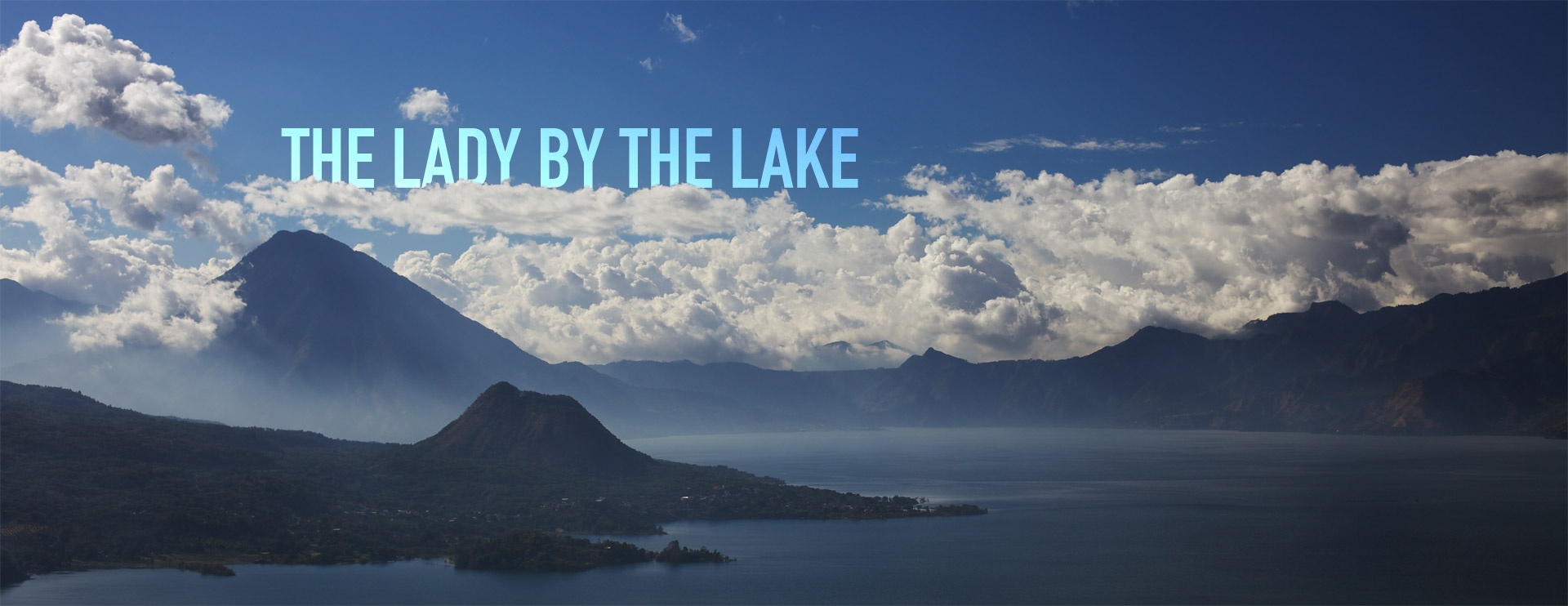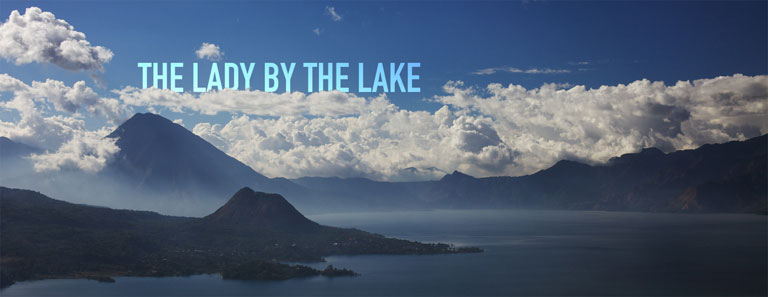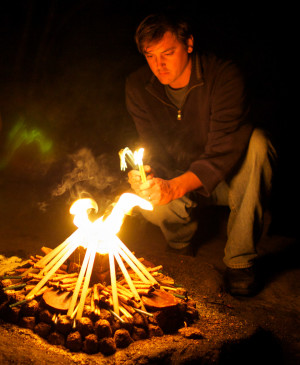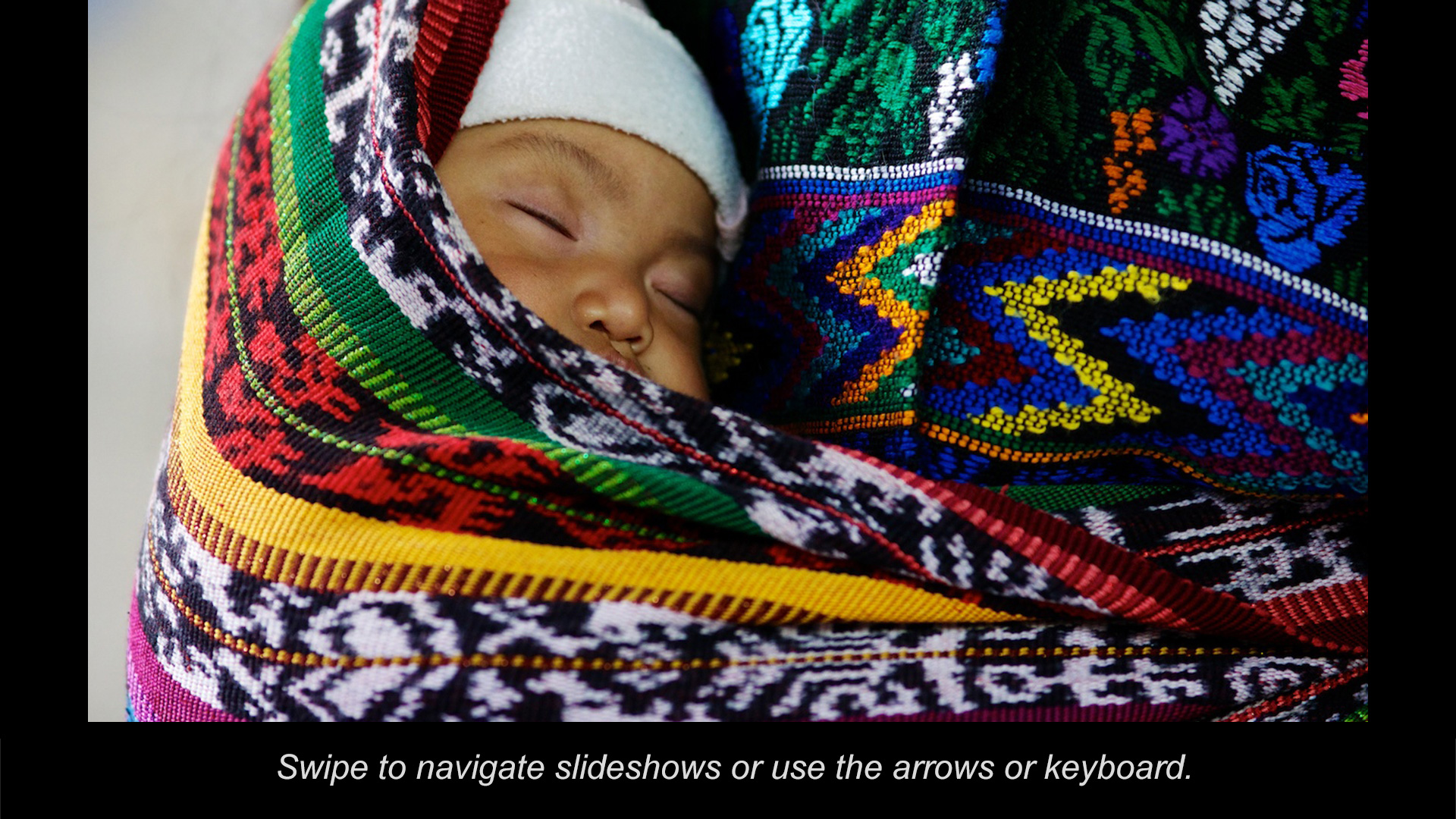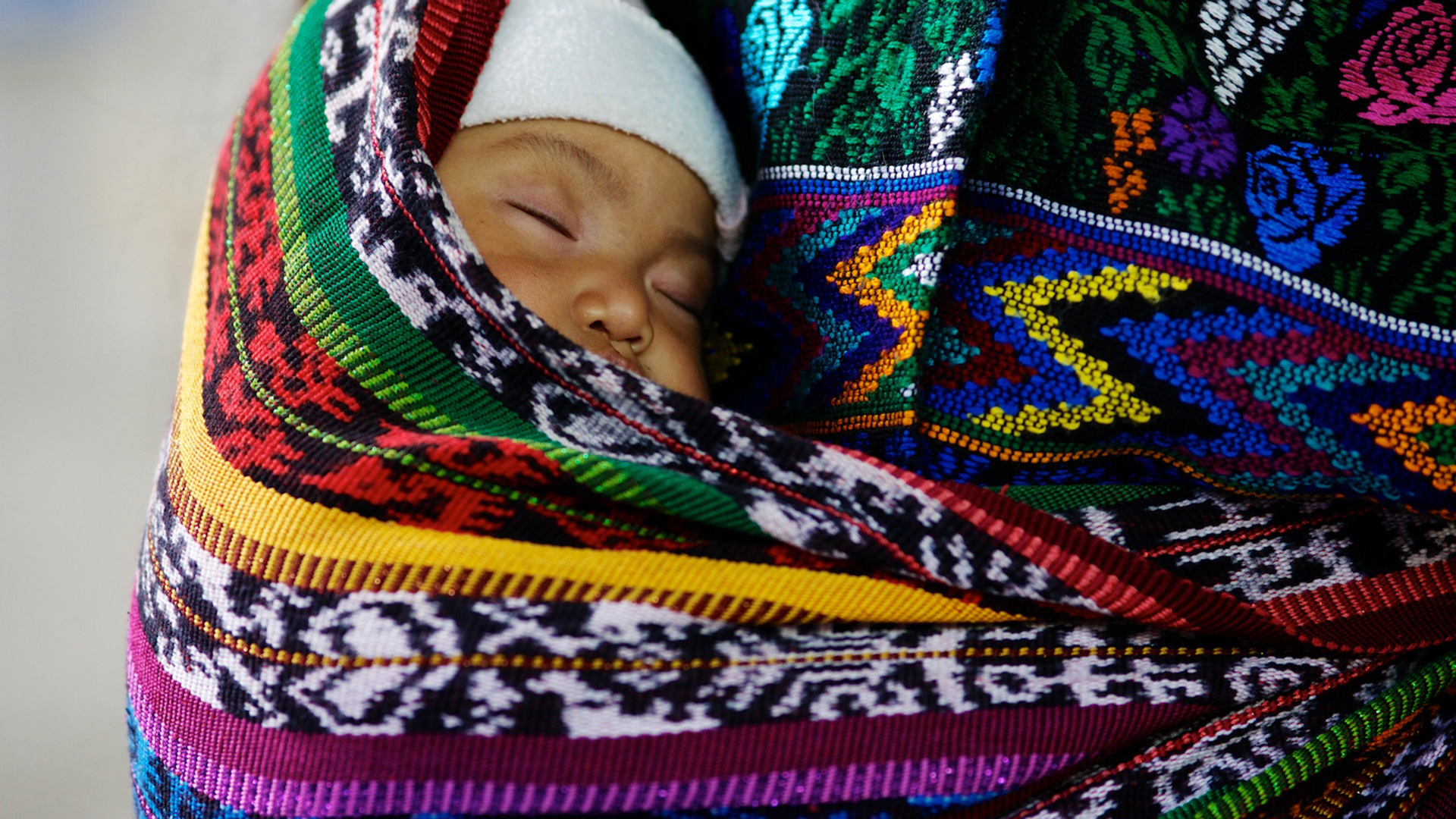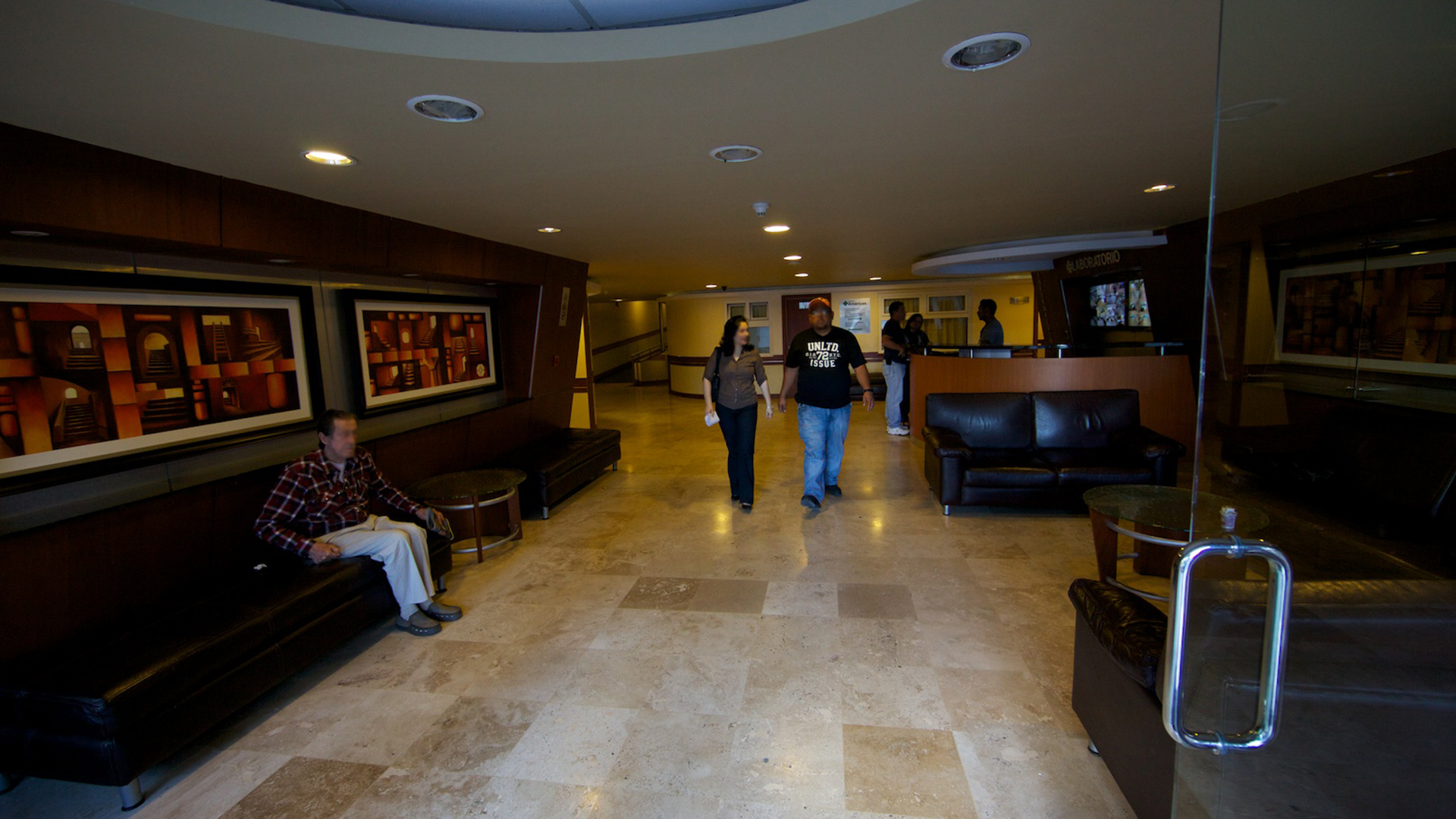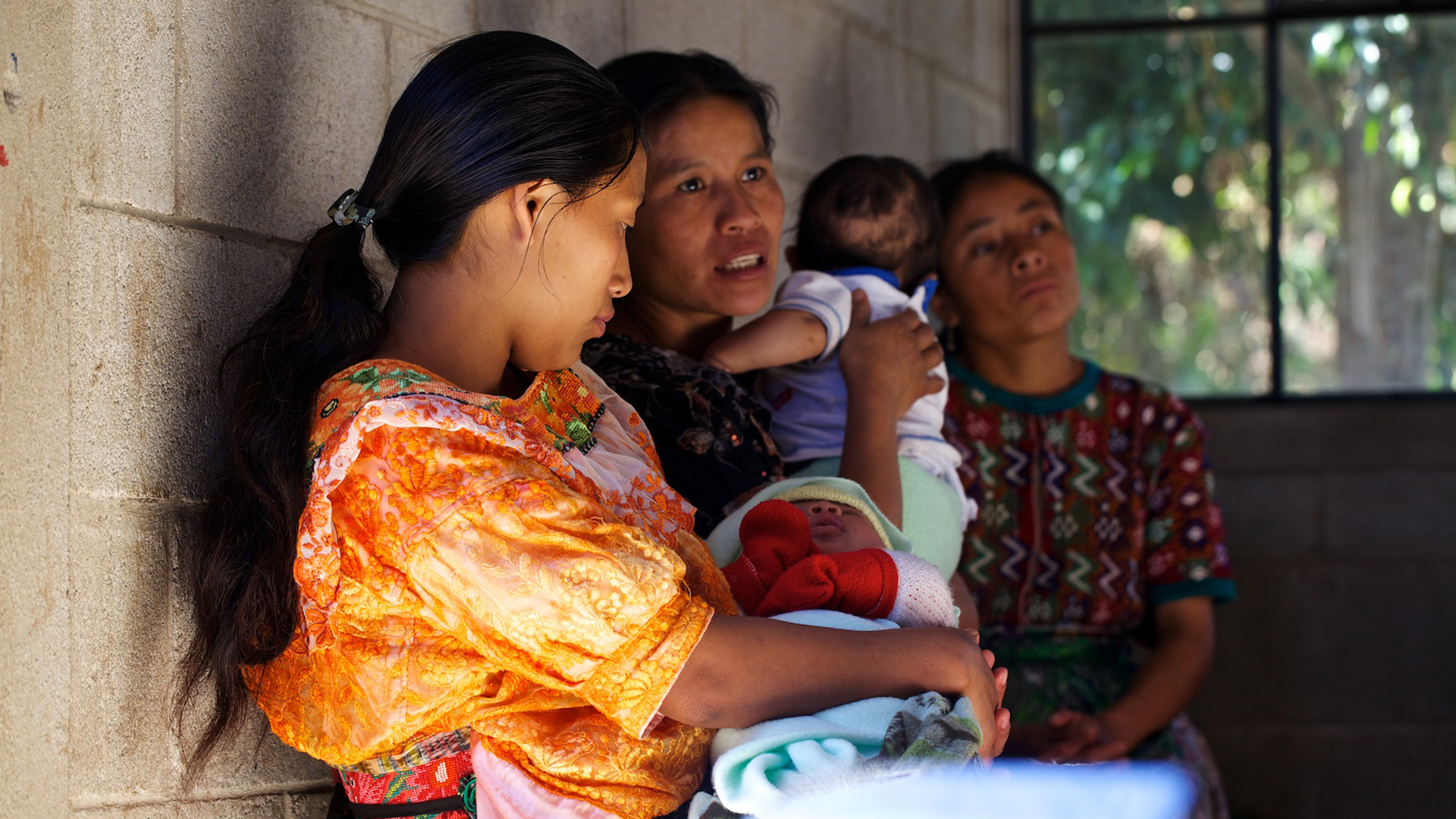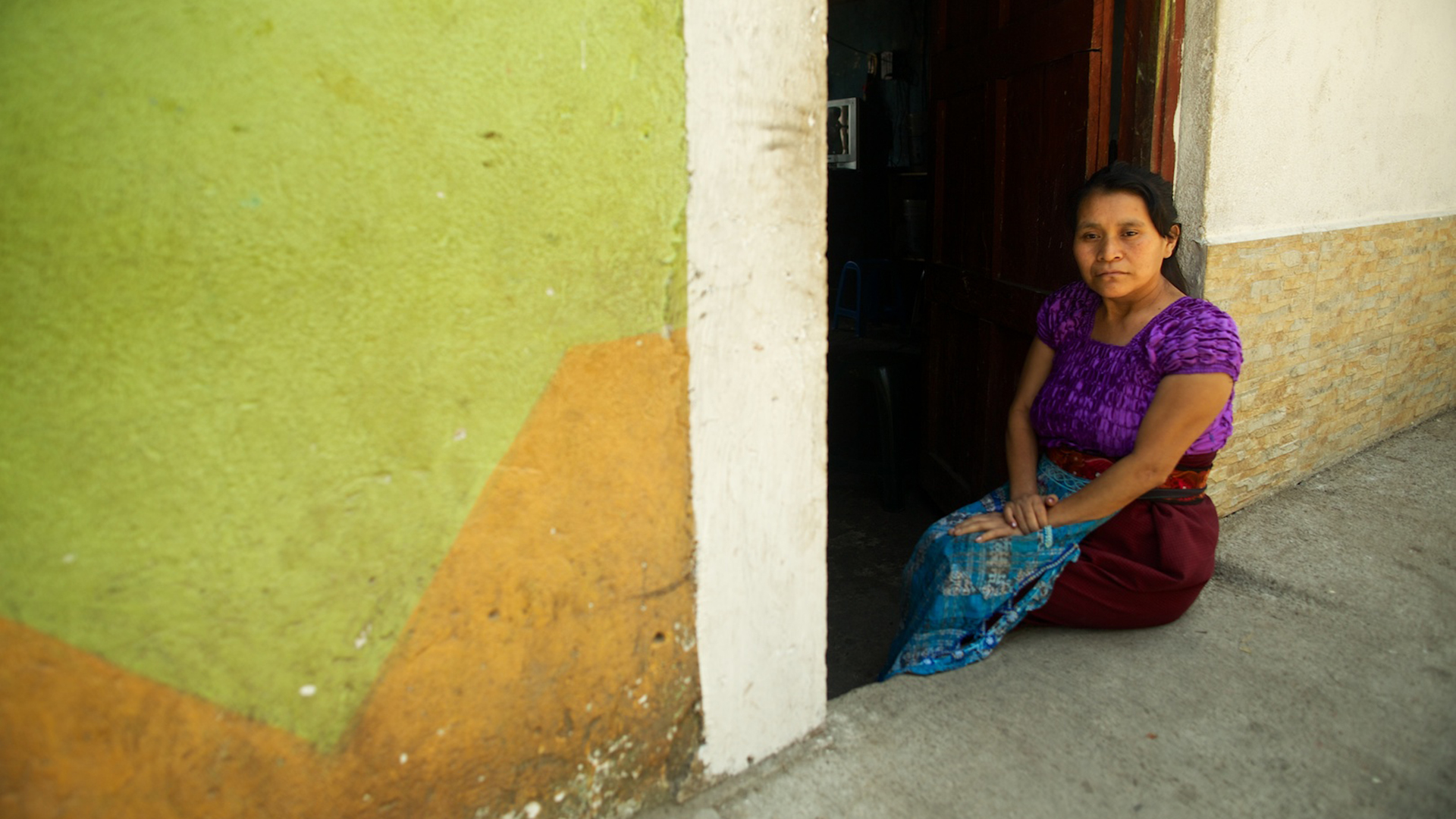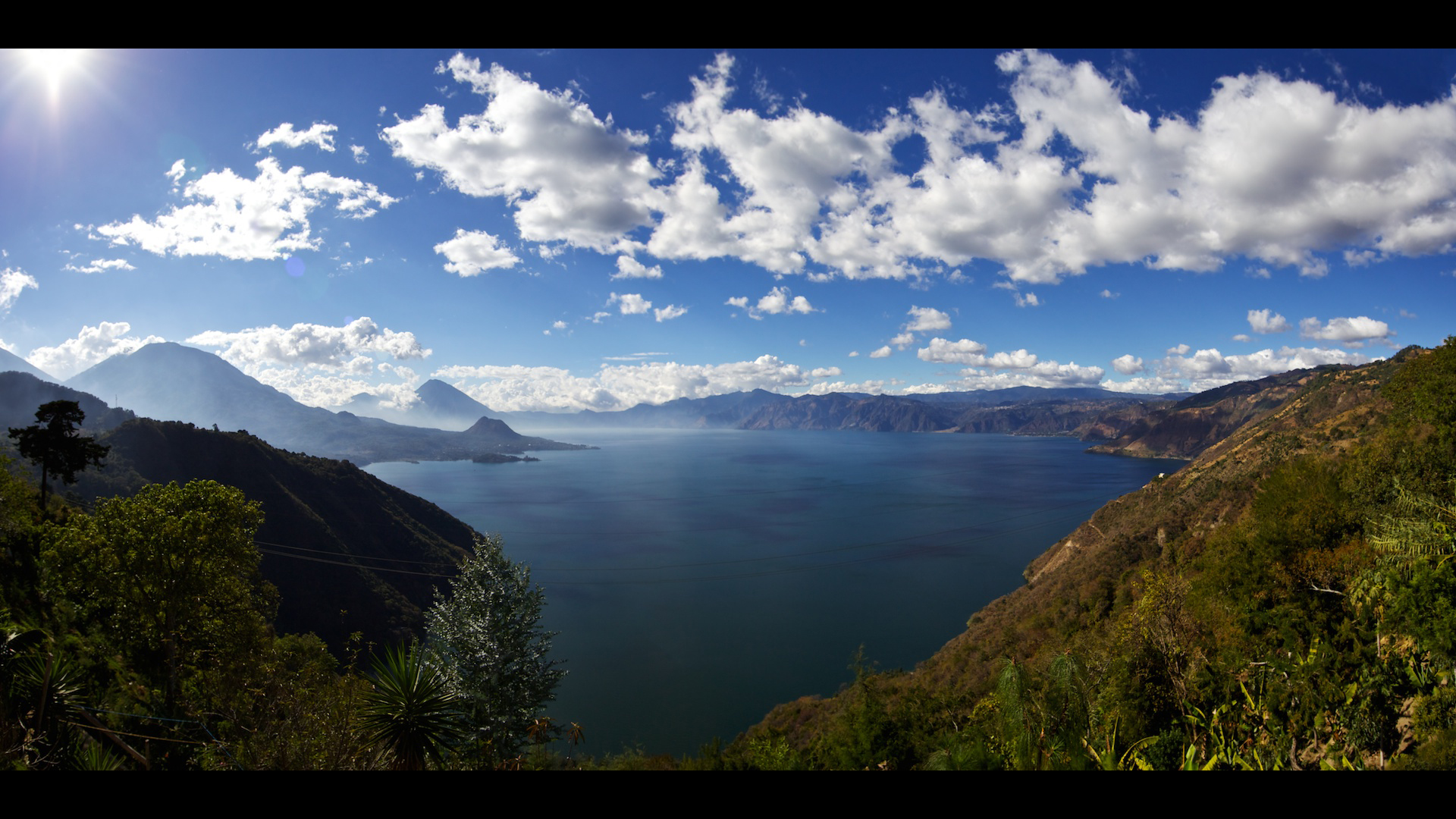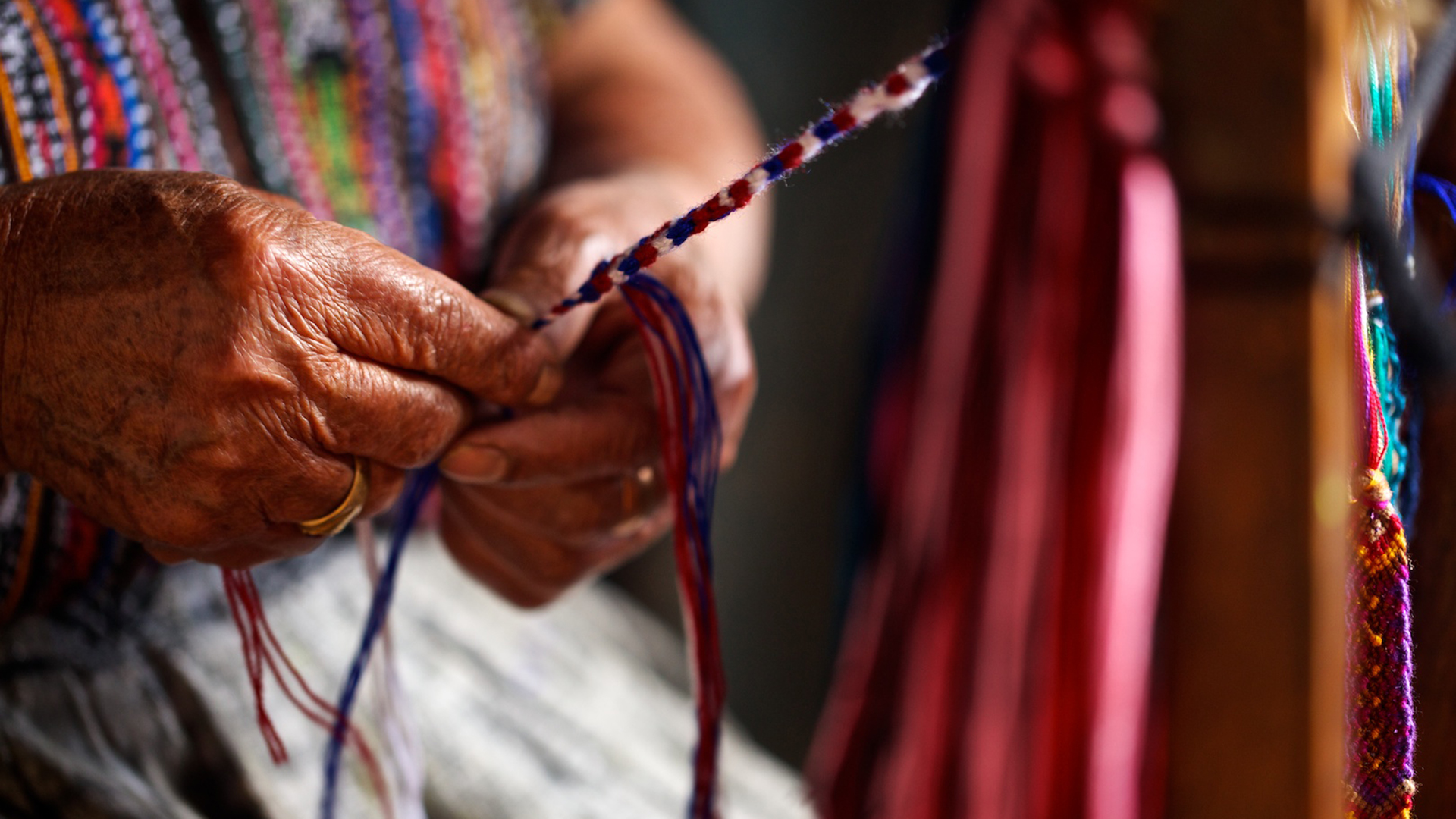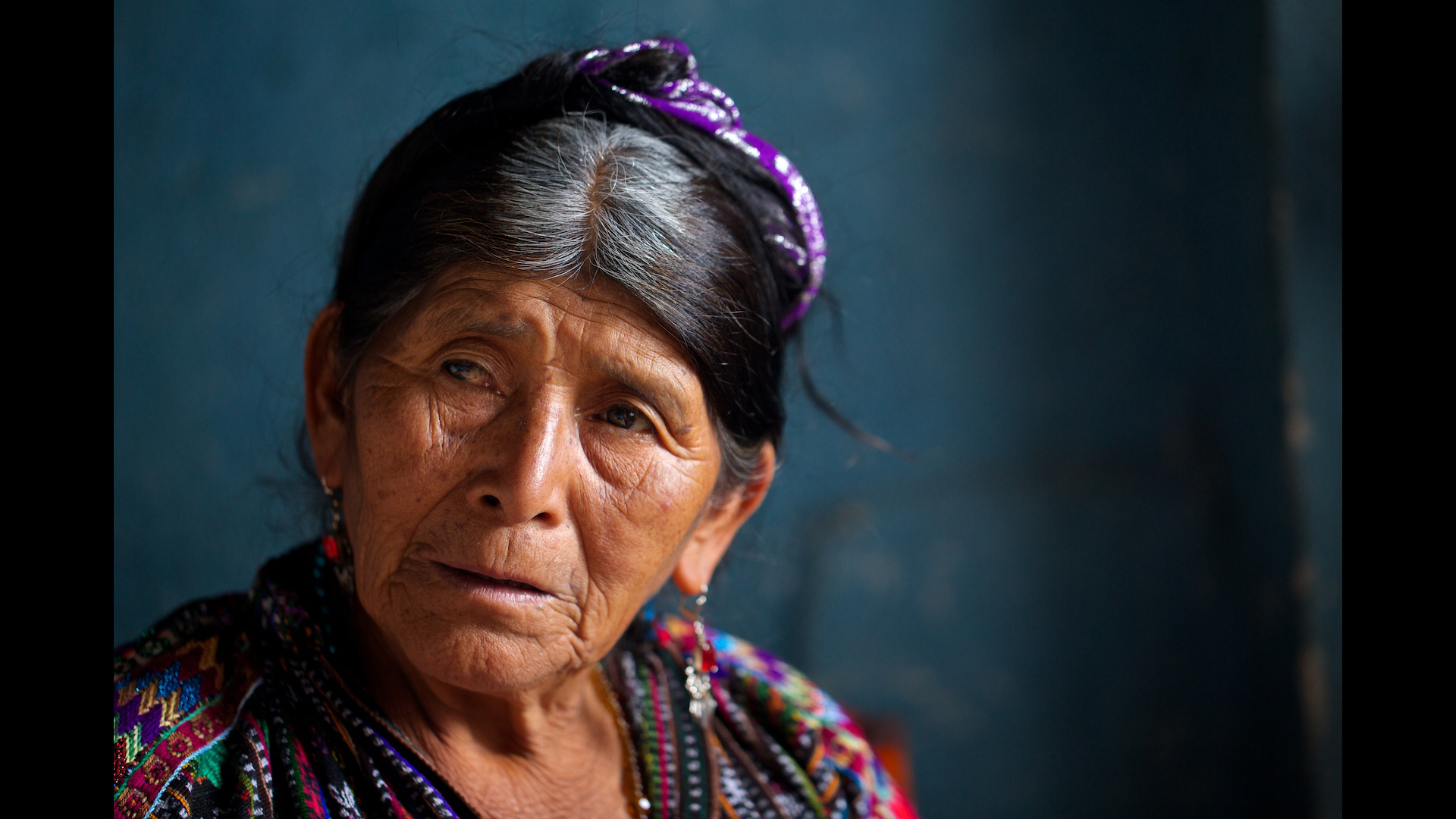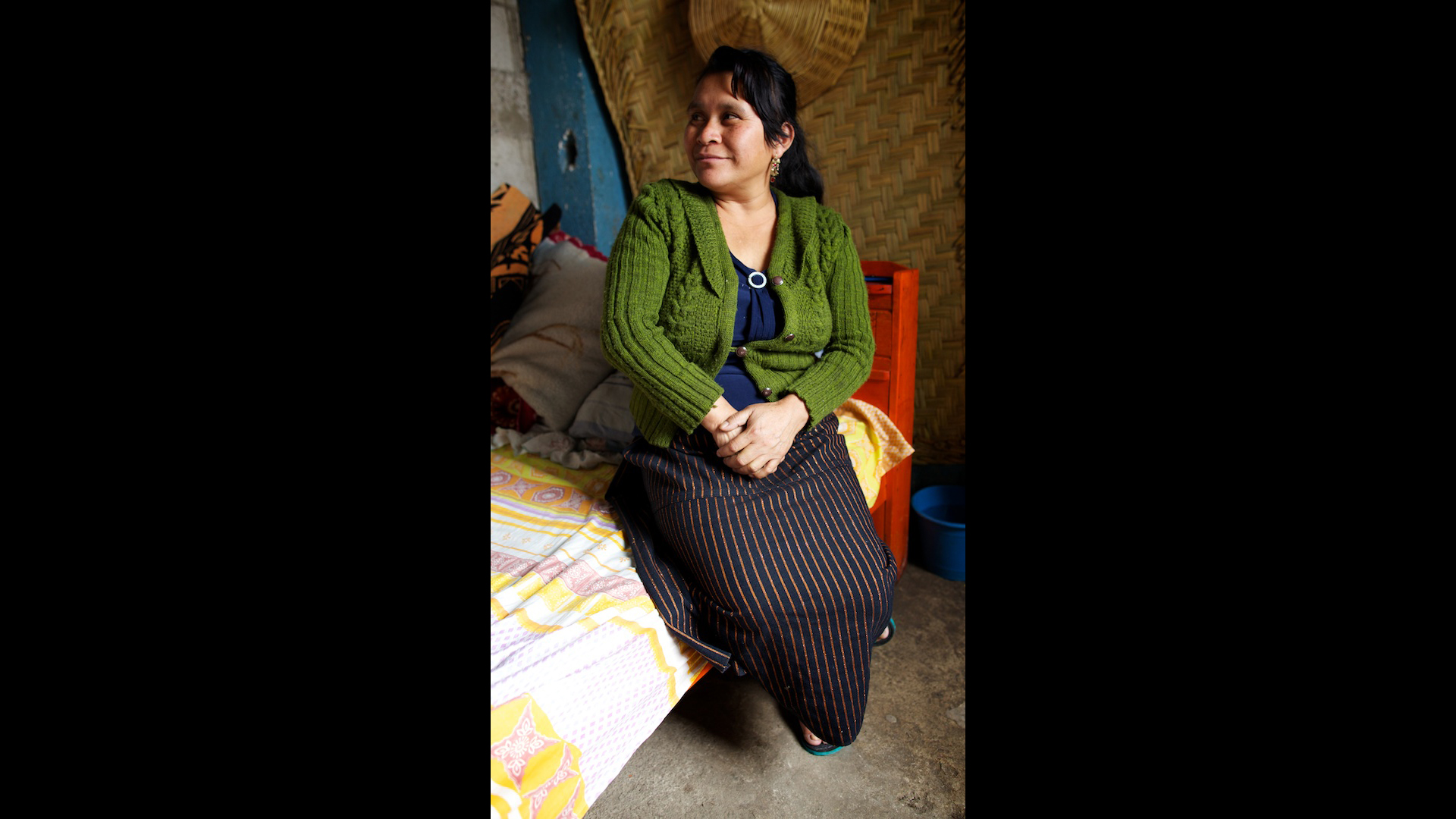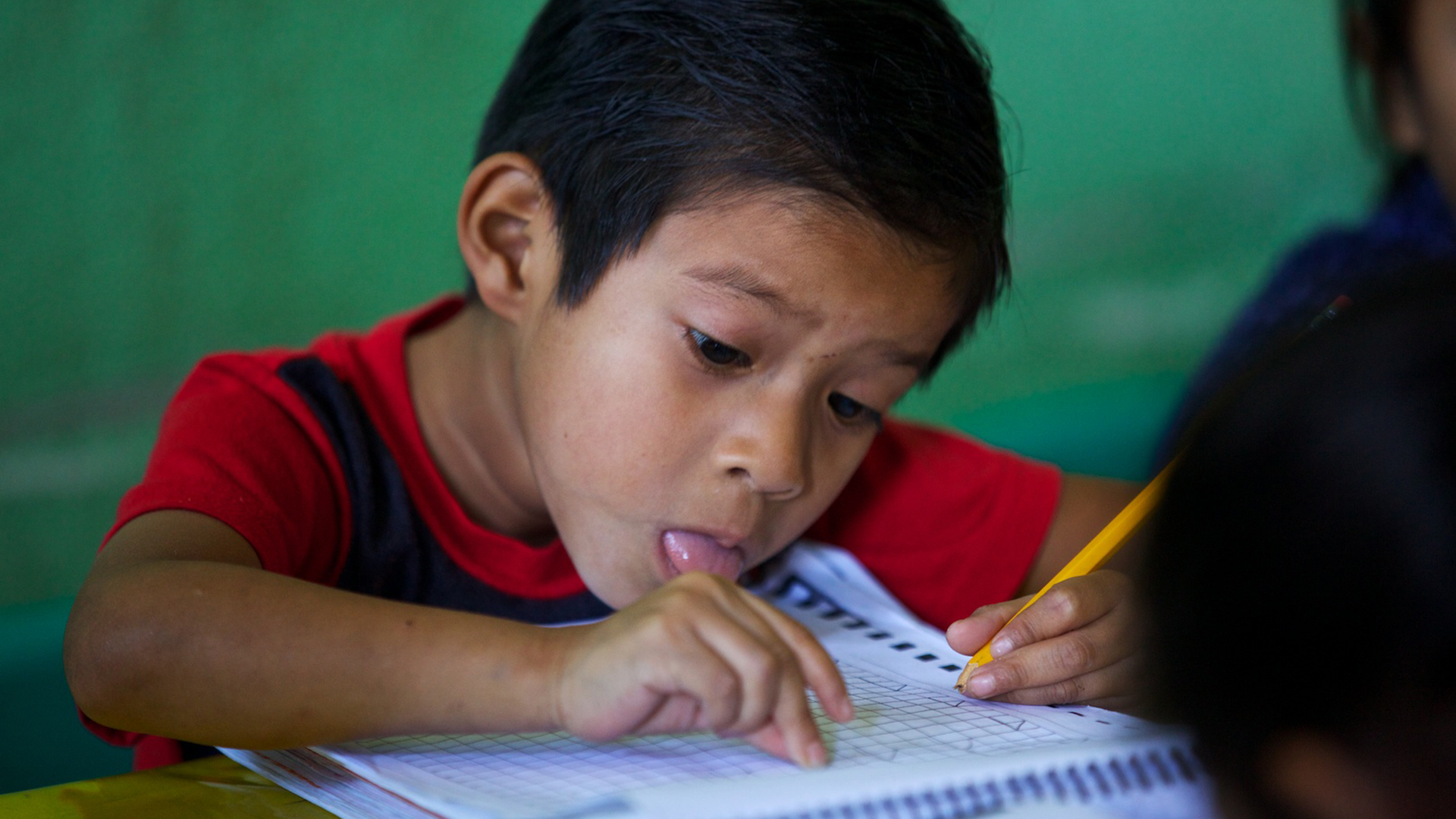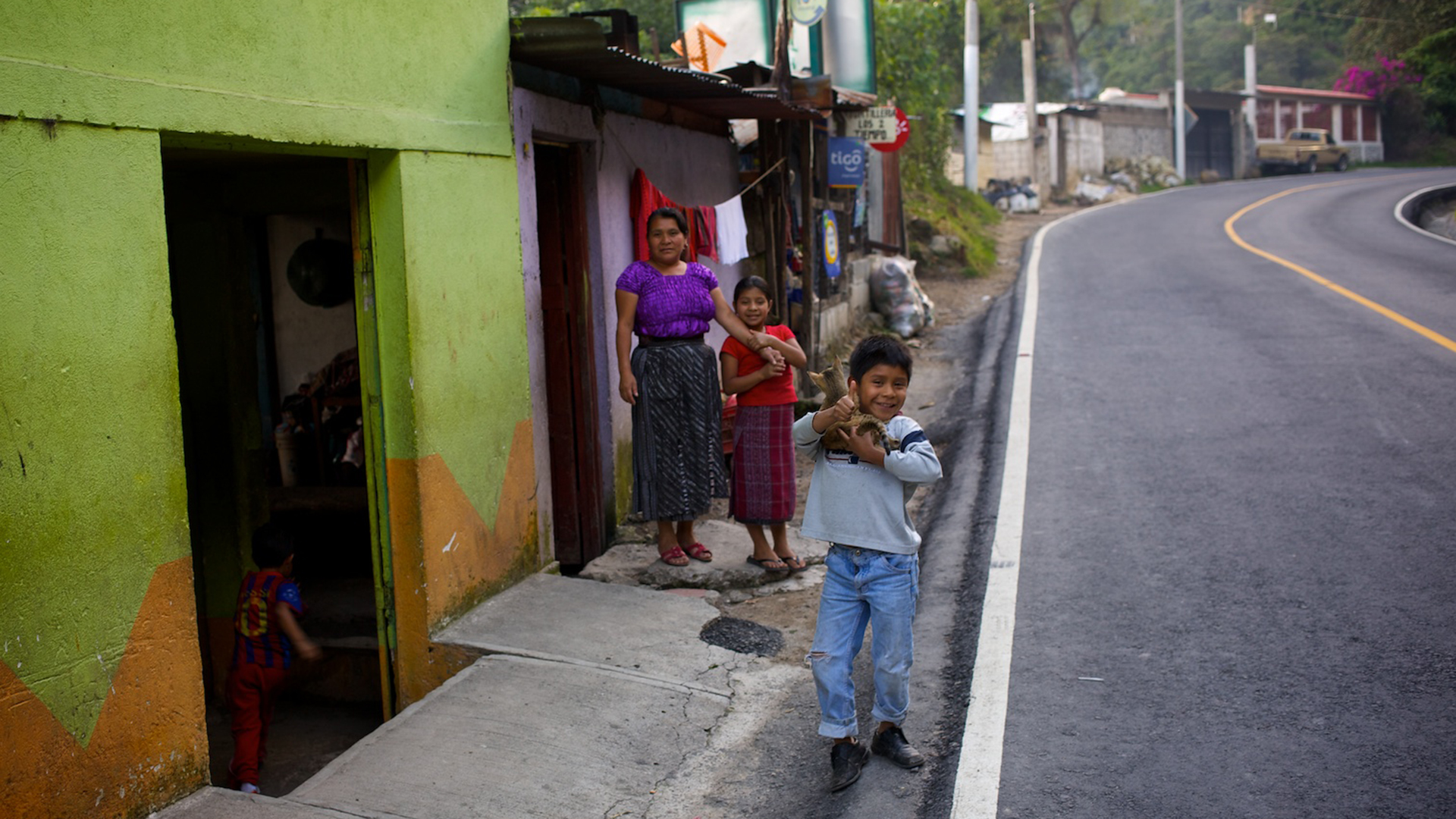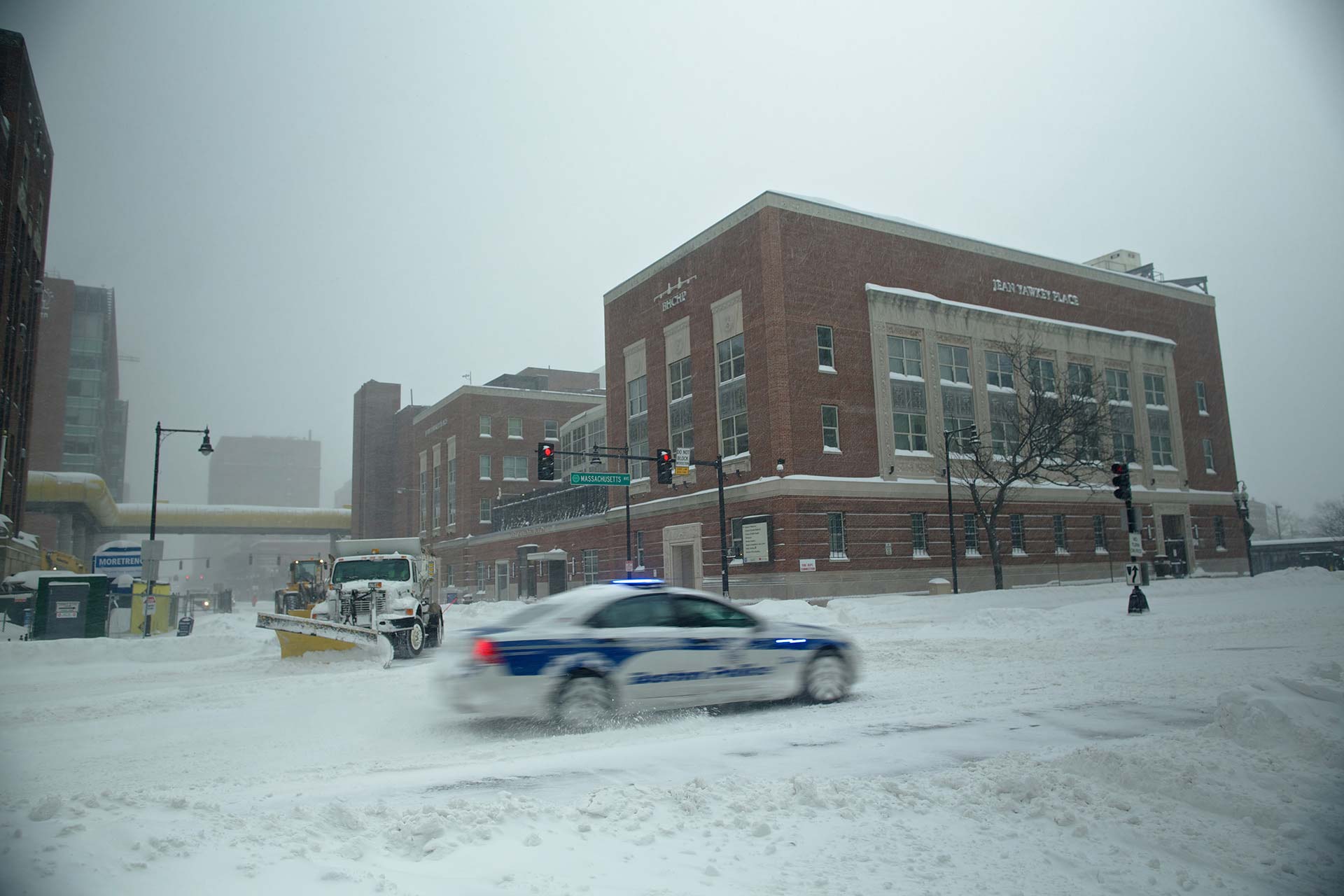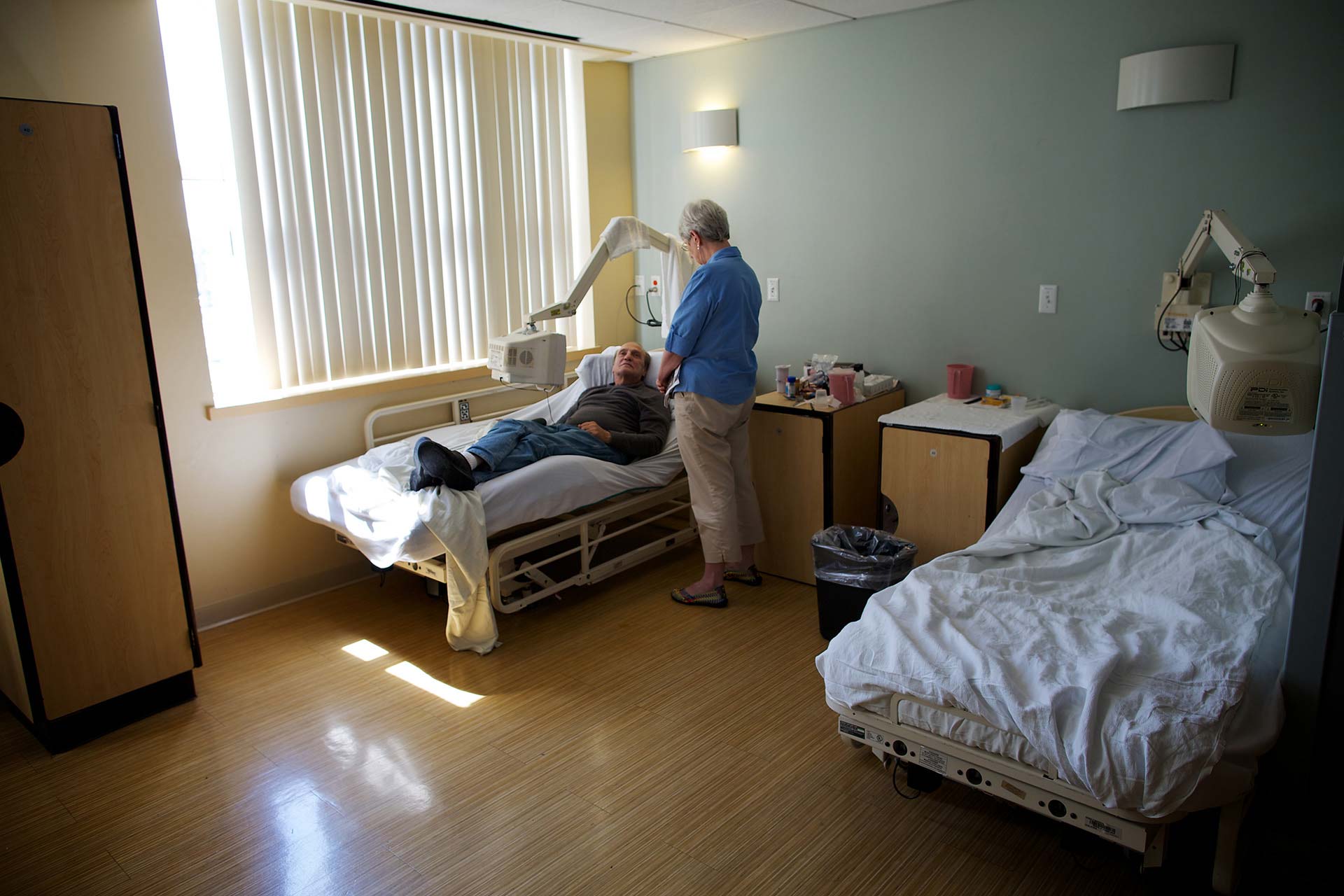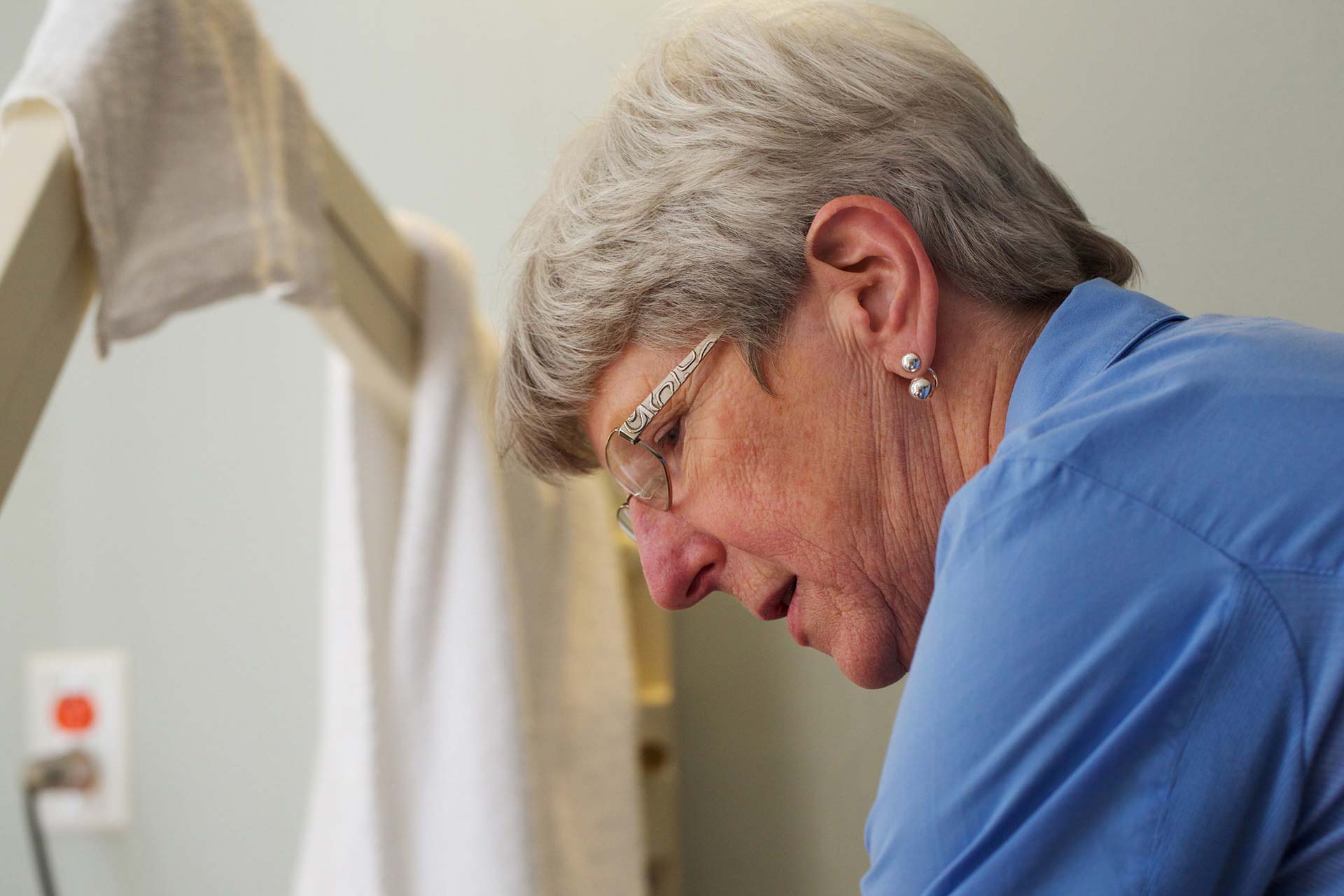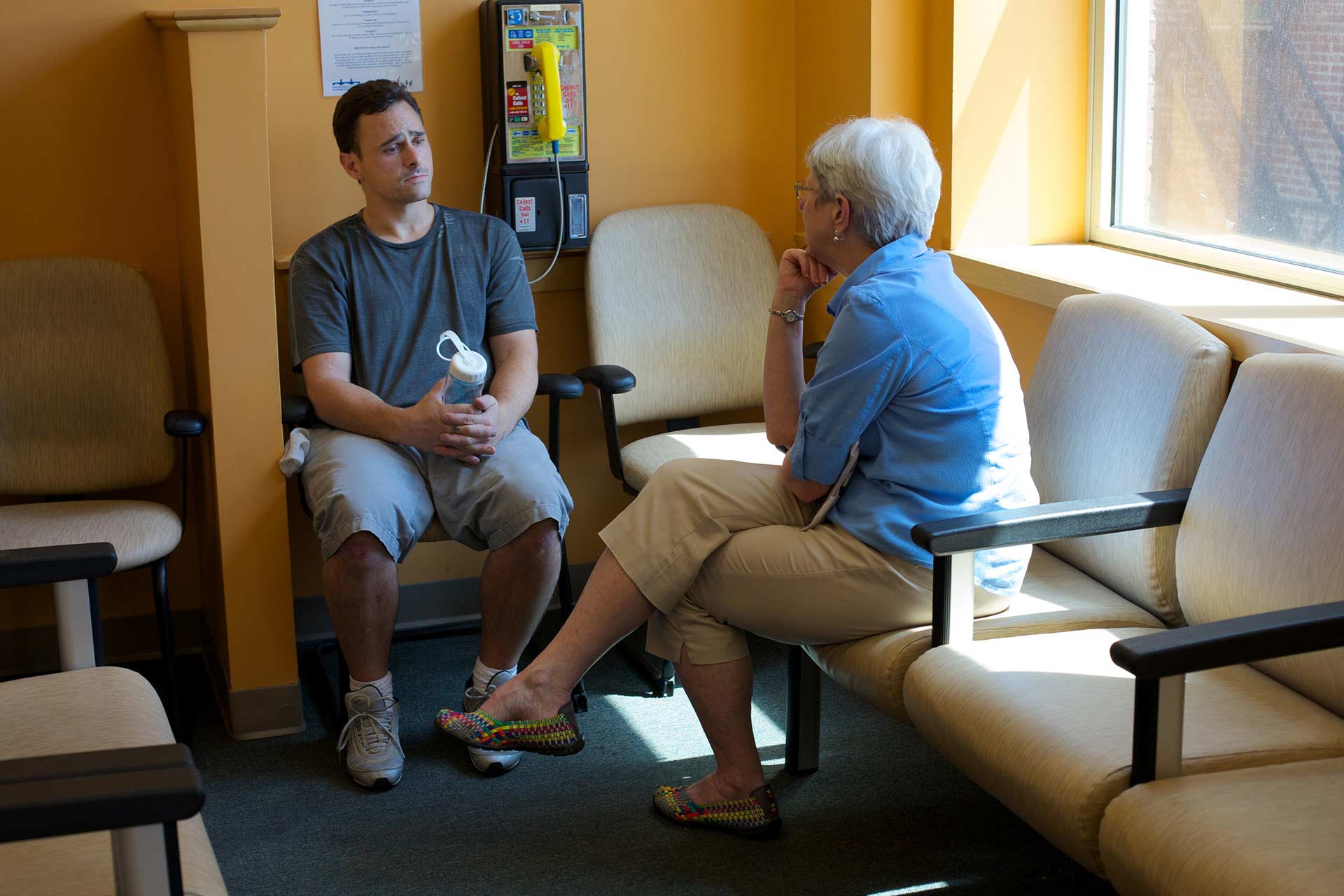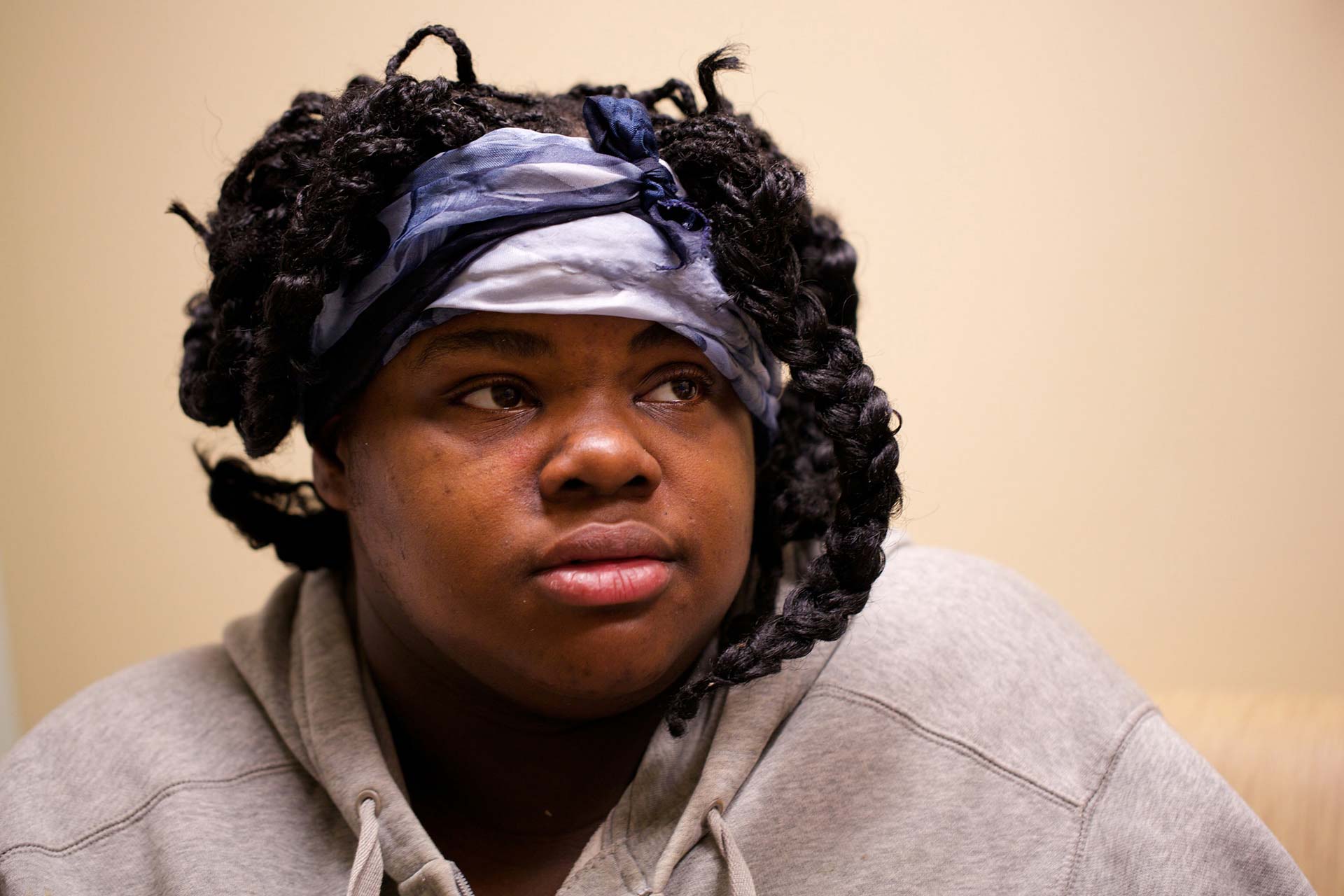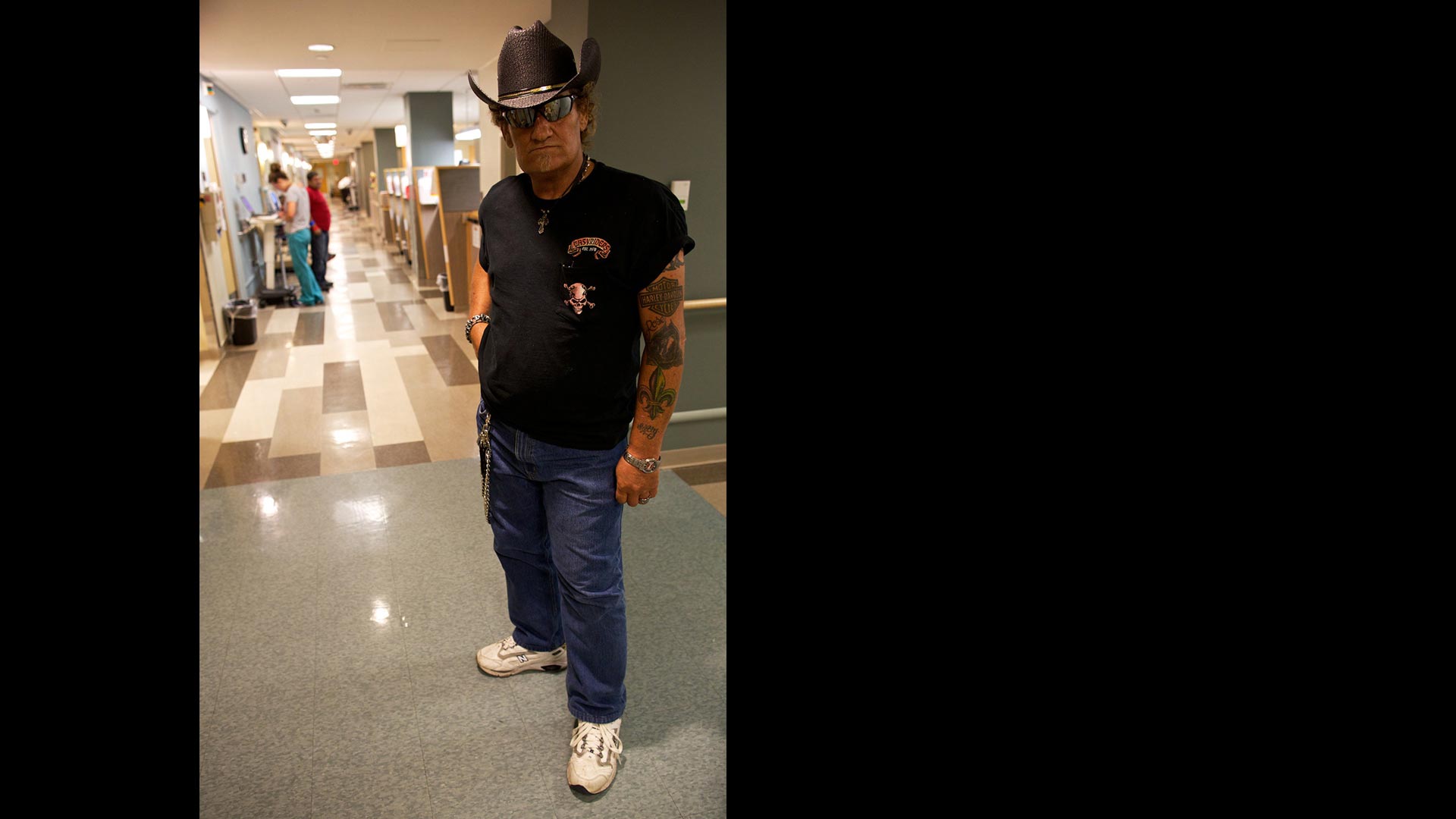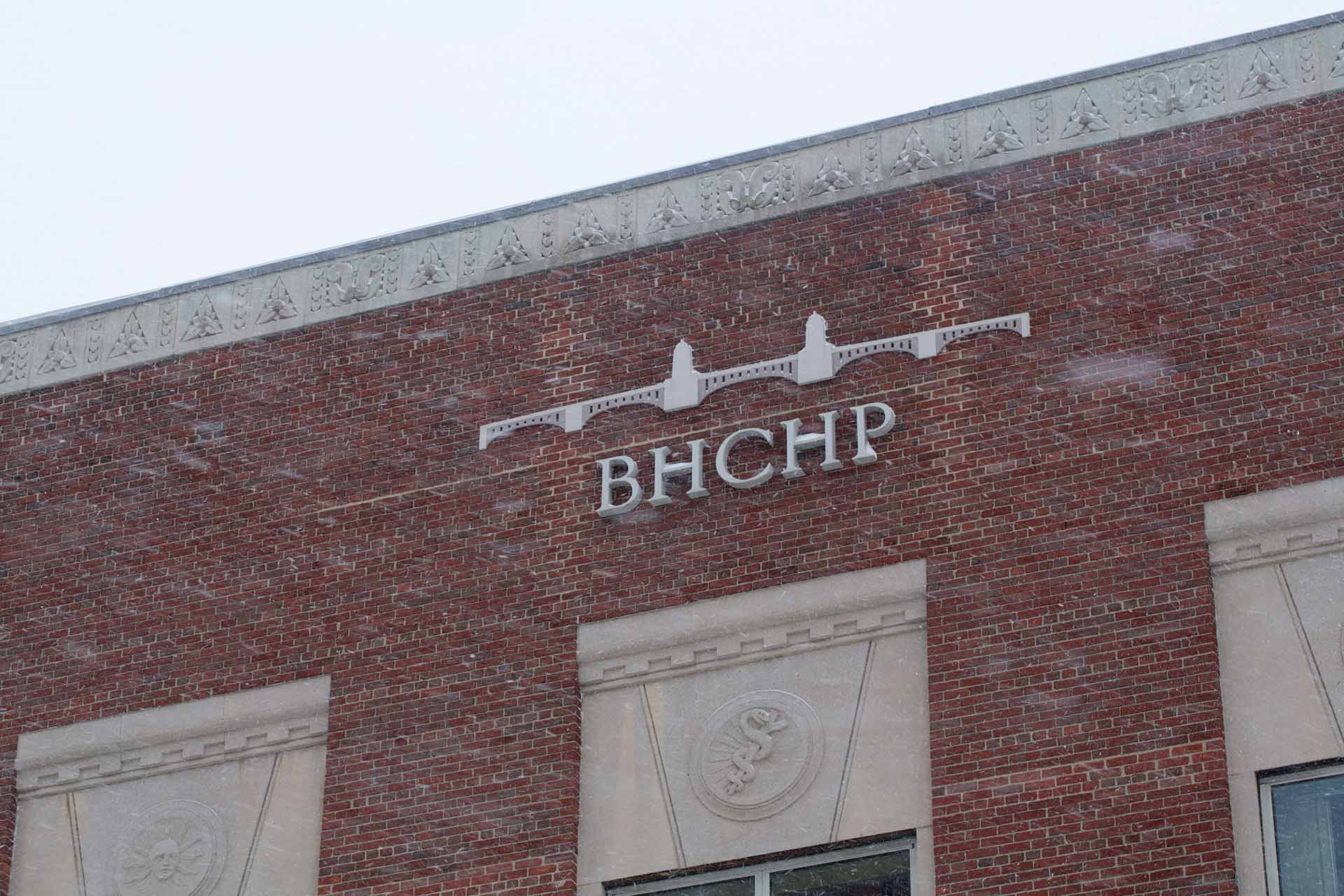Dr Peter Rohloff first travelled to Guatemala one idle summer to practice his Spanish. He was surprised to learn the majority of the population are of Mayan descent. He’d come to a country to learn a language they didn’t even speak.
So instead, he decided to learn Kaqchikel and K’iche’. He founded Wuqu’ Kawoq (now the Maya Health Alliance), and began providing health services in indigenous languages. He leads a double life, shuttling between Boston’s Brigham & Women’s Hospital and his clinics in Guatemala.
Rohloff is on the front lines, working with those on the receiving end of health policy decisions. The story of one of his patients, Crecencia Buch, shows that in global health, there are no easy answers.
